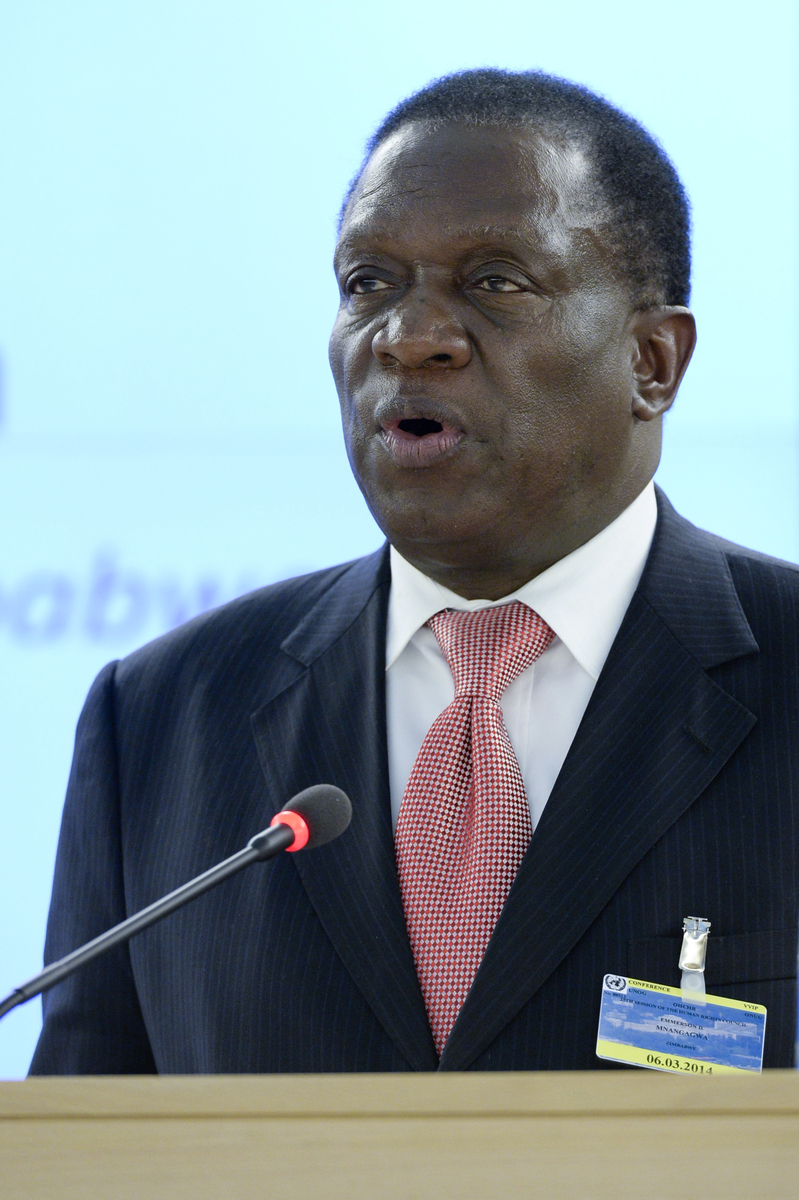
On 4 March the United States sanctioned eleven Zimbabwean officials including President Emmerson Mnangagwa for their connection to corruption or serious human rights abuses.
After a review of the Zimbabwe sanction programme that had been in effect since 2003, the US Treasury’s Office of Foreign Assets Control announced sanctions – targeting three companies and 11 people, including the Mnangagwa, Vice President Constantino Chiwenga, and retired Brigadier-General Walter Tapfumaneyi.
In a press release, Deputy Secretary of the Treasury Wally Adeyemo said "the United States remains deeply concerned about democratic backsliding, human rights abuses, and government corruption in Zimbabwe."
Adeyemo continued "The changes we are making today are intended to make clear what has always been true: our sanctions are not intended to target the people of Zimbabwe."
According to the Deputy Secretary of the Treasury, the new sanction targets "President Mnangagwa’s criminal network of government officials and businesspeople who are most responsible for corruption or human rights abuse against the people of Zimbabwe."
Mnangagwa stands accused of protecting gold and diamond smugglers operating in Zimbabwe. An Al Jazeera investigation from 2023 revealed that the Zimbabwe government was mitigating the impact of sanctions by using smuggling gangs to sell gold worth hundreds of millions of dollars.
In a statement, US Secretary of State Antony Blinken raised concerns regarding "serious cases of corruption and human rights abuse." Blinken added, "multiple cases of abductions, physical abuse, and unlawful killing have left citizens living in fear."
On Wednesday, a spokesperson for President Mnangagwa stated that the accusations were "defamatory" and a "gratuitous slander" against Zimbabwe's leaders and people.
Read Blinken's statement here, Department of Treasury's statment here, and more on Al Jazeera and BBC.
